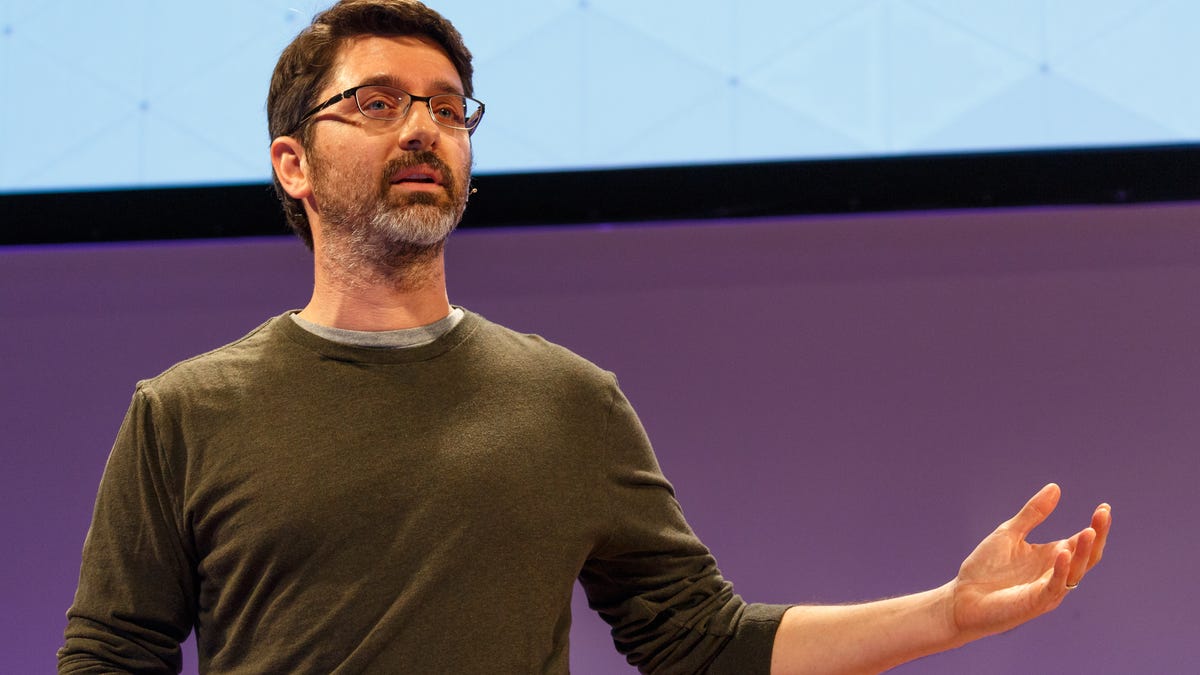Google won't build ad-blocking feature into Chrome
It's better to reform misbehaving, power-sucking ads than to block them, the head of engineering for Google's browser says.
This year, the Opera browser added an option to block online ads. The newer Brave browser goes farther, blocking them by default. But Google would rather fix the problems with ads than strip them off websites.
"We feel like there are a lot of challenges in advertising . There are a lot of wrong ways," Darin Fisher, vice president of Chrome engineering, said in an interview. However, he said, "If publishers and advertisers do ads the right way, it can be great for the users and for the ecosystem."
Ads are a sticky problem for the web. They give people free access to popular websites like Google search and Facebook 's social network, but they also can make websites load slowly, waste battery power, increase mobile network data costs, infringe privacy and even deliver malware. And they can be intrusive or distracting, so it's no surprise millions of users install ad-blocking plug-ins for their browsers.
Ads can be bad for the publishers who show them, Fisher said. "A lot of the advertising we see is unfortunate in that it probably hurts engagement," actually deterring people from using the website, he said.
To help deal with the problem, Google helped found an effort called the Coalition for Better Ads that's working on standards to curtail problem advertising. The effort also includes publishers like Facebook, News Corp. and The Washington Post, advertisers like Unilever and Proctor & Gamble, and industry groups like the Interactive Advertising Bureau (IAB) and the Association of National Advertisers (ANA).
But Google also is taking some actions to rein in ads, even if it's not blocking them. One example: For some users on slow 2G networks, Chrome will intervene so websites can't use a web programming feature called document.write. The feature lets websites run instructions that can analyze ad performance -- but that also can slow websites from loading by tens of seconds.
Alex Komoroske, a Chrome group product manager, likened the move to pop-up blockers that have become standard in browsers even though they broke some websites. "The web is an ecosystem," he said, and there must be a balance between website priorities and user priorities for the ecosystem to work.
Google is offering an alternative too. For example, it's working on technology that will let advertisers run their instructions without hurting performance.


